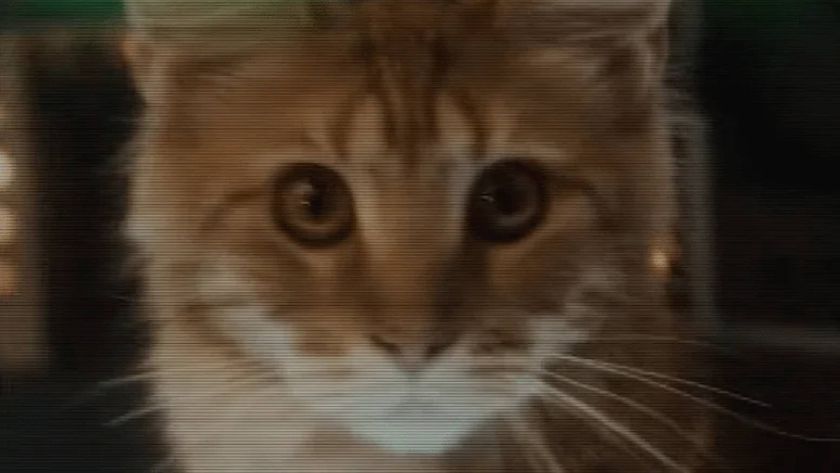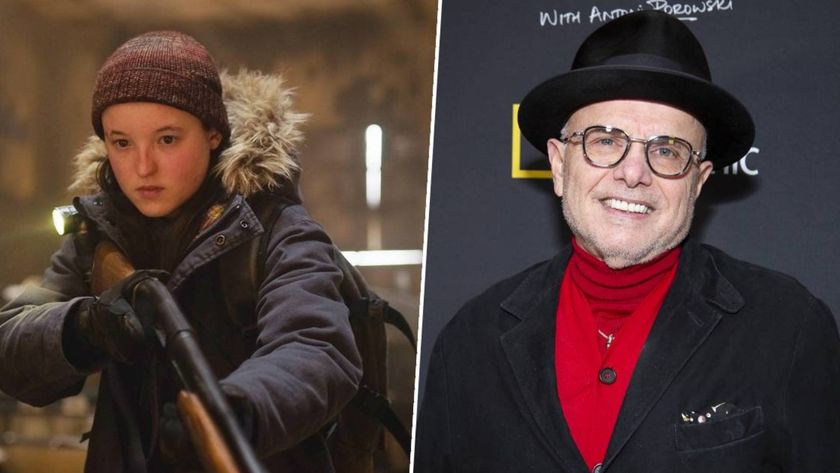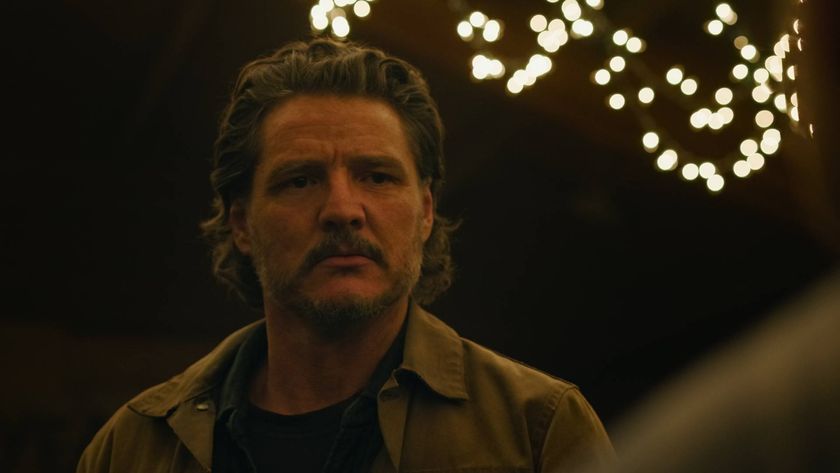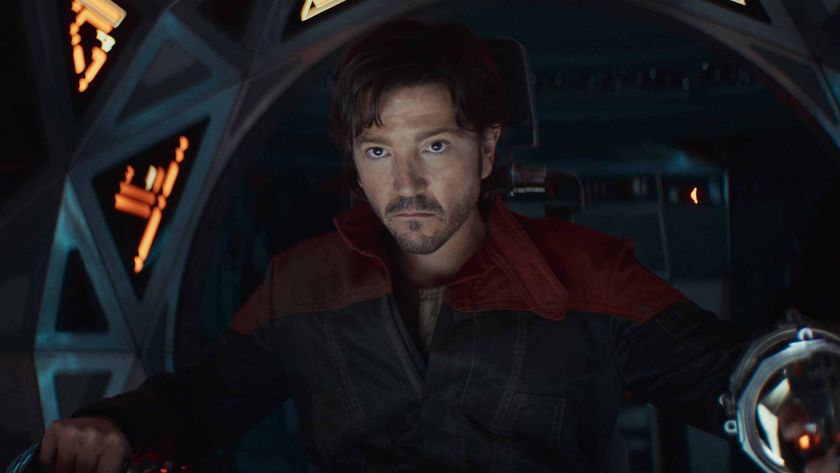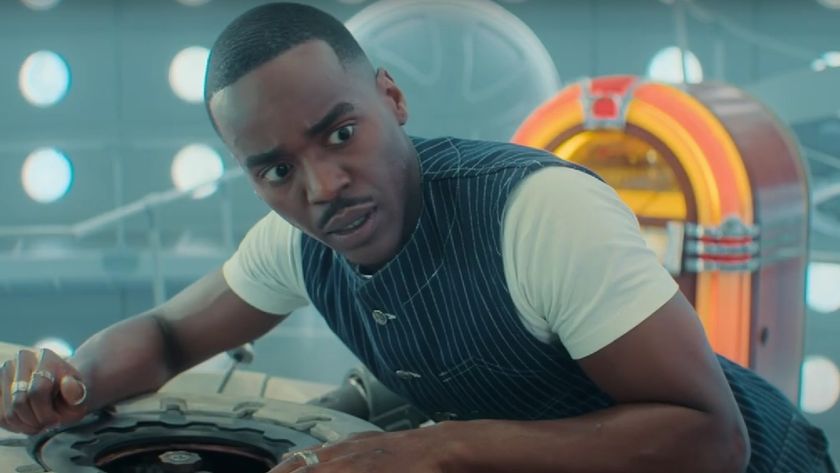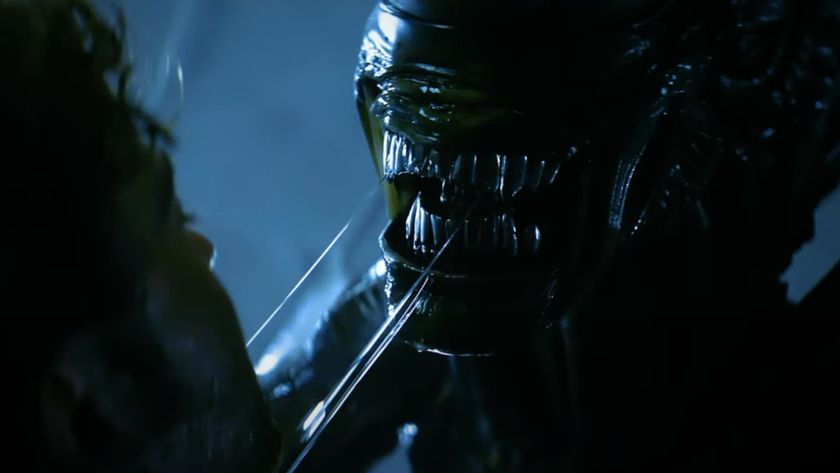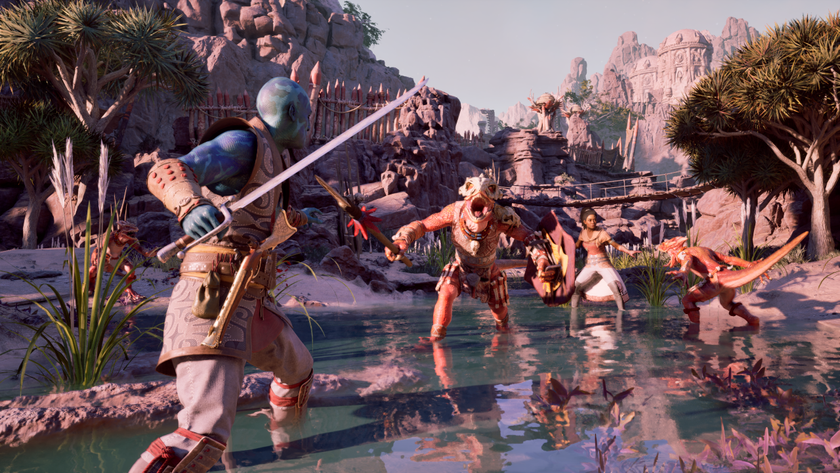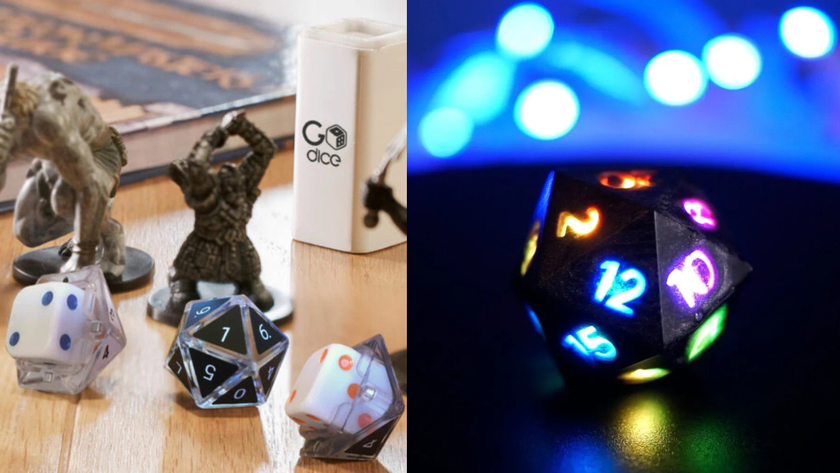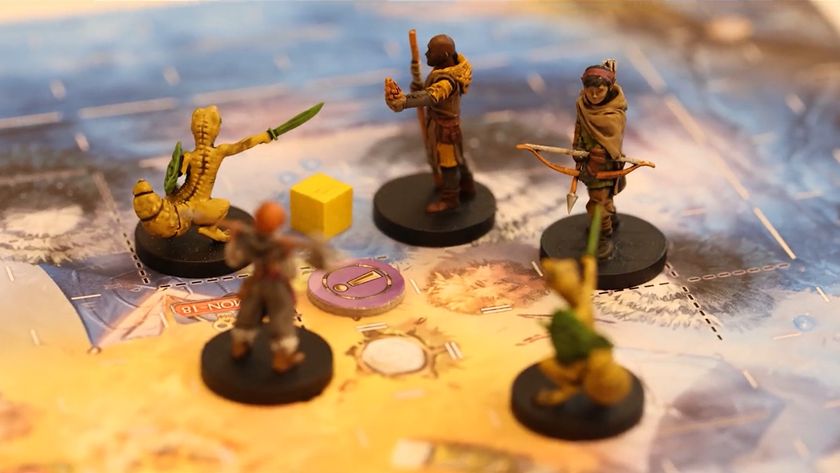Why I think Chris Chibnall will be good for Doctor Who
It's been a week since the announcement that Steven Moffat is leaving Doctor Who, with Broadchurch creator Chris Chibnall taking charge of the TARDIS in 2018. Cue much wailing and gnashing of teeth from fans, some of whom have judged Chibnall an unworthy successor before a single script has even been written. That seems more than a little unfair. I've mostly enjoyed the Moffat era (“Eleventh Hour, “Listen” and “Heaven Sent” all sit highly on my mental “best episode ever” list), but it's time for someone new to have a go – and Chris Chibnall fulfils all the criteria that the BBC will be looking for in a potential showrunner.
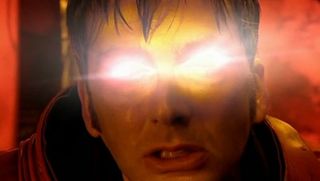
Firstly, he’s compatible with the series, being a life-long fan and having penned four episodes already. He has a string of big commercial hits behind him (reassuring, no doubt, to the suits). And he’s actively willing to take on the life-consuming task of running Doctor Who. That's not a small thing, as former Who supremo, Russell T Davies' book, The Writer's Tale, proved. Running this show isn't just about writing a few scripts and red-penning a few more. It thrusts its staff into the limelight more than any other show in the UK and Chibnall will face the added pressure of publicly directing the course of a brand that's worth many millions each year.
When it comes to writing Who, Chibnall's previous episodes are definitely a mixed bag, usually sitting somewhere in the middle of fan opinion. “42” is a solid real time adventure, while “The Hungry Earth”/“Cold Blood” two-parter was over-stretched at 90 minutes and featured some bizarre tonal shifts (hey, that butchering Silurian? He's a decent guy, really...). His two contributions to season seven, however, “Dinosaurs On A Spaceship” and “The Power Of Three” were a marked improvement – though I'm still not sure why the Doctor is mates with a big game hunter.
He hasn't turned in a classic like “Blink” or “The Empty Child” yet, and that's a worry – by the time that Moffat had been hired to replace Russell T Davies, he was already a fan favourite – but Chibnall's showrunning will be judged on not just his own episodes, but who else he brings to the party, and the overall direction of the storylines.
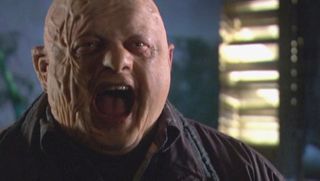
The latter is a chance for him to shine. The complaint most often levelled at Moffat's plots is that they're too complicated and alienating for casual viewers, and certainly it's hard to imagine what a good chunk of the audience made of something like “The Time Of The Doctor”, with its confused tangle of plots and references. If Chibnall can make the show more welcoming, he'll be onto a winner.
It's worth looking, at this point, to his time as showrunner on Torchwood. The first year is not well-regarded by fans, and with good reason – it's a shambles, though not without its charms thanks to some strong scripts from PJ Hammond and Catherine Tregenna. Chibnall's own episodes included the problematic “Day One” and the hilarious (and not in a good way) “Cyberwoman”. The second season, however, was better. His “Adrift” stood out as a genuinely powerful piece of work about the impact of missing persons cases (with some nifty callbacks to Who lore) and the "Fragments" / "Exit Wounds" two-parter was an exciting, risky way to end his time on the show.
But the main reason I'm optimistic about the new era is that Chris Chibnall is a writer who emphasises character and emotion in his work. His TV movie, United, told the story of the 1958 air crash in a sensitive way. His episodes of Life On Mars were strong, particularly his first season instalment which focussed on police corruption. And Broadchurch – at first, anyway was a well-written crime drama that examined the impact a murder might have on the inhabitants of a small town, rather than revelling in typical ITV whodunnit tropes.
Sign up to the SFX Newsletter
Get sneak previews, exclusive competitions and details of special events each month!
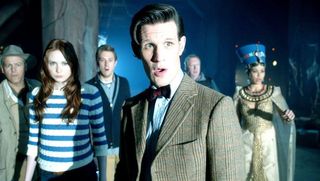
Will he introduce a new Doctor? That's the question on everybody's lips, and despite the rumours, Peter Capaldi hasn't officially quit the show yet. That said, it would be slightly surprising if he stuck around for the 2018 season. The BBC are talking openly of this as a revamp – a “national moment” in BBC One Controller Charlotte Moore's own words. They're going to want a big reason to tune into the latest run of a show that will have been back on air for 14 years by that point, and nothing generates ratings quite like a regeneration.
Perhaps the bigger question then is if the new companion, set to debut either at Christmas this year on in the 2017 season, will be returning. It's not unheard of for companions to only last a year (guest appearances aside, both Martha Jones and Donna Noble only spent a year each in the TARDIS), but if the Doctor's new bessie mate captures fan and public imagination then she may well act as a reassuring bridge between the two eras.
All speculation, of course, and I will be sad to see Moffat's tenure come to an end. But I'm excited, too. More than most shows, Doctor Who thrives on change. And let's take a moment to think about the biggest positive here. We are guaranteed new episodes of Doctor Who until at least 2018. That's the next three years (even if one of them is restricted to a Christmas special and the unknown quantity that is spin-off show, Class). That's fantastic news. The sky isn't falling in just yet.
Images: BBC

Will Salmon is the Comics Editor for GamesRadar/Newsarama. He has been writing about comics, film, TV, and music for more than 15 years, which is quite a long time if you stop and think about it. At Future he has previously launched scary movie magazine Horrorville, relaunched Comic Heroes, and has written for every issue of SFX magazine for over a decade. He sometimes feels very old, like Guy Pearce in Prometheus. His music writing has appeared in The Quietus, MOJO, Electronic Sound, Clash, and loads of other places and he runs the micro-label Modern Aviation, which puts out experimental music on cassette tape.
